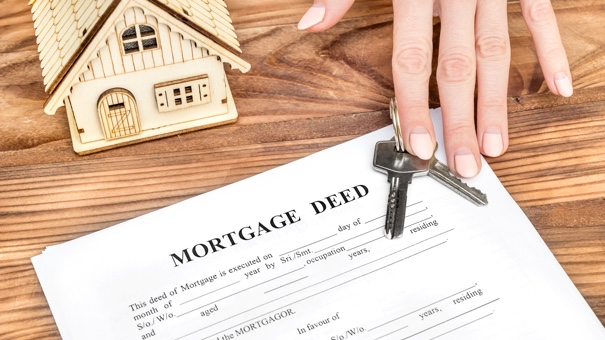When considering adding someone to the deed of your home, there are important factors to keep in mind. Sharing ownership comes with consequences, including potential loss of control and exposure to additional liabilities. Before making this decision, it’s crucial to consult with legal and financial professionals to fully understand the implications. Here are five key considerations before adding someone to your deed:
1. Irreversible Decision: Once you add someone to the deed, you cannot easily reverse this decision without their consent. They gain full control over their portion of the property, which can lead to conflicts and legal battles in the future.
2. Lender Approval: Before making any changes to the deed, it’s essential to seek permission from your mortgage lender. Failure to do so could trigger clauses that allow the lender to demand repayment of the loan.
3. Liability Risks: Adding someone to the deed exposes you to potential liabilities, such as tax liens or creditors’ claims. It’s vital to understand the risks involved and how they could impact your property.
4. Gift Tax Implications: The IRS considers adding someone to the deed as a gift, which may have tax implications. Consult with a tax professional to understand how this could affect you and the recipient.
5. Complexity and Complications: Joint ownership can complicate matters related to selling, refinancing, or eligibility for benefits like Medicaid. It’s important to fully grasp the implications before making this decision.
In conclusion, adding someone to your deed is a significant step that requires careful consideration and professional guidance. Understanding the risks and consequences can help you make an informed decision that aligns with your financial goals.


